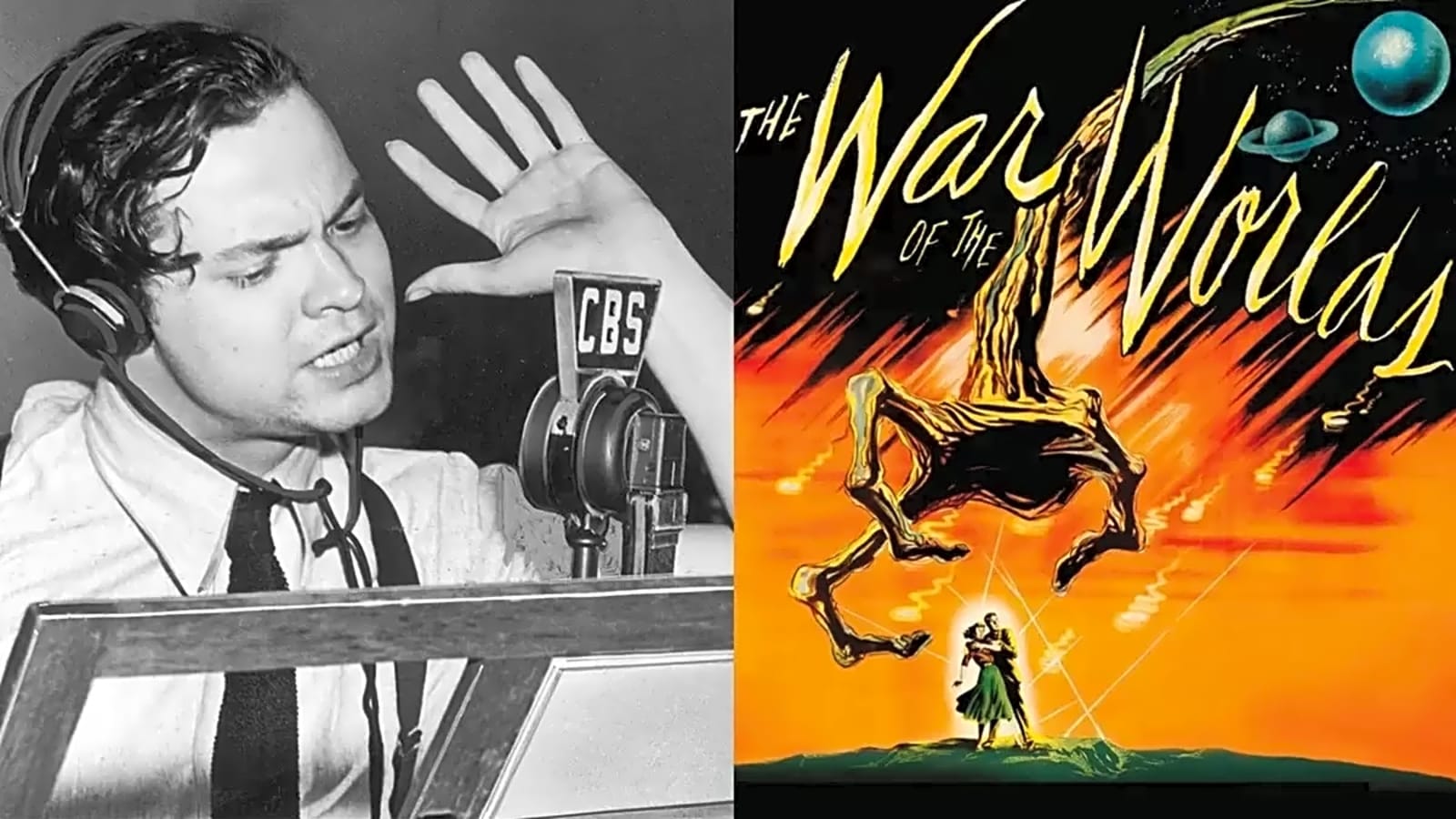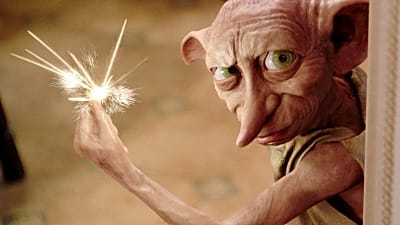
In 1938, the Great Depression ravaged America, the world was on the brink of war, and Superman debuted. And on the night before Halloween that year, another event occurred that sent America into pure panic. This was Orson Welles’ dramatized radio broadcast of H.G. Wells’ War of the Worlds, which sent listeners into a tailspin, actually believing that Martians were invading Earth. This widespread panic catapulted Welles to nationwide fame, and three years later, his debut film Citizen Kane would arrive. Via Laughing Squid, a video of a rare 1955 BBC interview Welles gave about his 1939 Mercury Theater on the Air performance surfaced. And he explains how his radio broadcast became a true moment in history.
So how did so many people actually believe that Martians were invading? For starters, we didn’t have a clear idea of what was on the surface of Mars yet. The space age was still decades away. So for all the average person knew, there were Martians out there. Secondly, the unrest in Europe already had people on edge. Americans were waiting for the other shoe to drop at all times. And lastly, this was in the infancy of what we call the monoculture. Six million people tuned into the radio that night, and many didn’t have alternative sources to debunk what they were hearing. No one could call a friend in New York and ask them to video the invasion on their phone. Once upon a time, people believed the media implicitly. Weird, right?
As Orson Welles stated in the interview, the panic caused a “fool me once” attitude among average Americans. So much so, when the Japanese attacked Pearl Harbor in 1941, many people believed it to be another “hoax.” We use the quotes for the word hoax here, because they never intended the broadcast to pass as real events, and even had a disclaimer at the start. The hysteria began because many listeners tuned in late, opting out of a more popular show on a rival station. Something similar would happen in 1999, when The Blair Witch Project hit theaters. But certainly not on the same scale, as we were a more media-savvy culture by then. Could a modern-day version of this happen? Ask your older relatives about the videos you know are AI they saw on social media and think are real, and sadly, that’s your answer.
More must-reads:
- The most memorable movie dinosaurs outside of the 'Jurassic Park' franchise
- ‘9-1-1’ star Ryan Guzman reflects on Eddie’s journey leading up to Season 9 in exclusive interview
Breaking News
Trending in Entertainment
Customize Your Newsletter
 +
+
Get the latest news and rumors, customized to your favorite sports and teams. Emailed daily. Always free!






